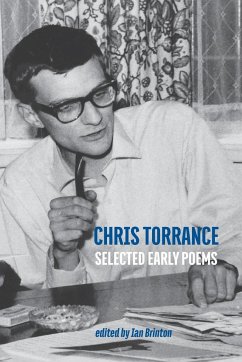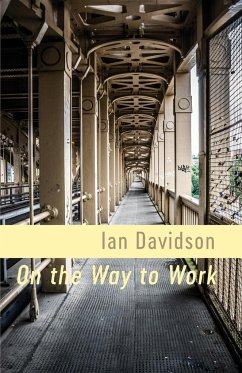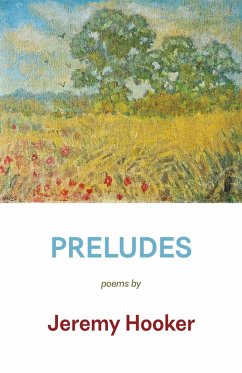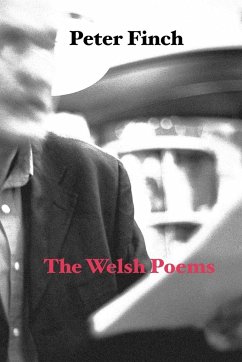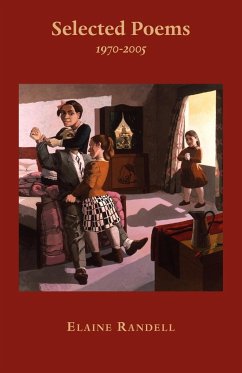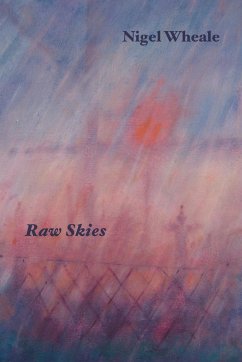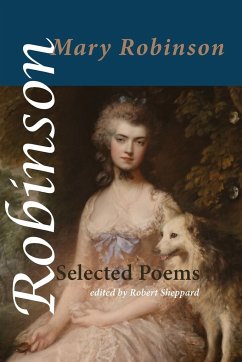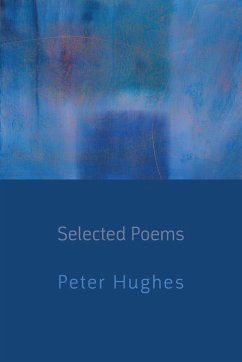One evening in 1961, in the Greyhound pub in Carshalton, Surrey, 20-year-old Chris Torrance - solicitor's clerk with novelistic ambitions - encountered a volatile Mob of nascent artists, writers and musicians. For Torrance, this was "the most important day of my life". Dazzled, he was soon joining in their activities: wild weekends in the country, his first scary public readings, and, from 1963, co-editing the poetry and jazz magazine Origins/Diversions. In literary terms, Torrance's greatest influence from the group was Bill Wyatt, who introduced him to "useful short forms" like haiku, and to William Carlos Williams' Paterson. Wyatt, later a prolific poet, translator, naturalist, and the first Zen monk ordained in Britain, remained a life-long friend and ally. Origins/Diversions connected Torrance to other 'underground' writers and publishers, including Tina Morris and Dave Cunliffe in Blackburn, and, through them, Lee Harwood in London. In June 1964 Harwood came to Carshalton for a walk around Torrance's patch. Reciprocal visits followed, with Torrance cycling to the East End, where Harwood was writing his long poem Cable Street. They were very different people, Torrance focussed on his local area and his local friends, Harwood a cool, elegant but friendly cosmopolitan, feeding Torrance the exciting new writing via his job at Better Books in Charing Cross Road. Torrance now began finding his own voice as a poet, and, through Harwood's encouragement, placed work in the Cambridge magazine, The English Intelligencer. One of its editors, Andrew Crozier, published Torrance's first two books. In the spring of 1965 Torrance gave up his 7 year career in solicitors' offices, and joined the local Parks Department as a labourer. As the title Green Orange Purple Red implies, he wanted a more sensual take on the world via his writing - a Keatsian ambition. About then he found a second-hand copy of The New American Poetry, and embarked on a lifelong 'love affair' with those writers and that energy. In particular, the enormous presence of Charles Olson, seemed to confirm that - in terms of big ambition and local detail - Torrance was on the right track with his writing. Validation came in July 1966, with 'The Carshalton Steam Laundry Vision'. Torrance was cutting the grass outside the Laundry, when his vocation was revealed to him: 'I'm going to be a poet'. It wasn't a 'vision'; it was a powerful voice that had to be obeyed ("I accepted it completely"). As The Voice diminished into the clatter of machinery and the chatter of the laundry girls, the path ahead lay clear. In the autumn of 1967, Torrance and his partner Val settled in Bristol, with Torrance working as a Parks Dept. labourer again. His near-3 year stay in Bristol was a transitional time, with a tendency in his writing towards psychedelia and a broader spirituality becoming more evident. In June 1970, Torrance moved to a cottage in pastoral/industrial South Wales, to 'chew the lotus in peace', as John Wieners has it. He was to stay there for 50 years, increasing the range and depth of his poetic vision, but much of the foundations and shape of his future writing are here in this early work: inspiration from his locality, from geology up; the prosodic links between music and words; a positive faith that anyone - taking himself as the model - could and should be creative; and, importantly, the idea of larger cycles of writing - as in The Carshalton Poems - culminating in his life's major work, The Magic Door. -Phil Maillard
Hinweis: Dieser Artikel kann nur an eine deutsche Lieferadresse ausgeliefert werden.
Hinweis: Dieser Artikel kann nur an eine deutsche Lieferadresse ausgeliefert werden.

